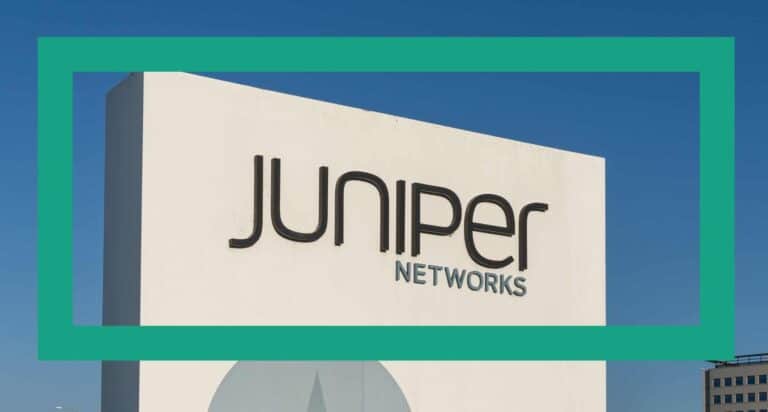Edit: the earlier article suggested that the DOJ had threatened legal action before filing its suit. This is inaccurate and has now been corrected.
The U.S. Department of Justice (DOJ) has filed a lawsuit against HPE. The proposed $14 billion acquisition of Juniper Networks is alleged to stifle competition. HPE is fiercely defending itself against this accusation. Rightly so, experts believe.
HPE has explained in response to the DOJ why its proposed Juniper acquisition would actually be a positive move for all involved. First, the WLAN market, which the DOJ suit has targeted, is extremely diverse and not occupied in any meaningful way by HPE, meaning Juniper’s market share won’t grow by much under the new management. Cisco, on the other hand, dominates this arena and has the great advantage of only facing fractured rivals. Secondly, HPE sees an outside opportunity for America to bolster its offerings with both HPE-Juniper and Cisco acting as counterweights to China’s Huawei, a company cited by the Trump and Biden administrations as a national security threat.
Tip: HPE acquires Juniper: surprising, but makes quite a bit of sense
Logic trap
SDxCentral quotes Dell’Oro Group research director Siân Morgan, who highlights what she calls the DOJ’s “logic trap” . For example, the combination of HPE-Juniper along with Cisco would occupy 70 percent of the entire WLAN market. But in making this assessment, the U.S. government is not taking into account the fact that Cisco alone already owns 50 percent, Morgan said. This point is also made by HPE in its legal defense as well. This focus on WLAN also confuses other analysts. Futurum Group research director Ron Westfall therefore sees this emphasis as a weakness in the DOJ attack on the proposed acquisition, which is why HPE and Juniper are still expected to come together despite this bump in the road.
Looking beyond WLAN, the combination of HPE and Juniper is a strong networking unit to compete against Cisco’s overall market penetration. China’s Huawei is just as formidable a competitor for its treasure trove of networking solutions, but does not factor into the DOJ’s consideration. If the acquisition does not go through, U.S. dependence on Chinese technology will only become more likely, HPE suggests.
Advantages
The fact that 14 other jurisdictions have already approved the acquisition speaks volumes according to HPE. Normally, U.S. antitrust units are not even the biggest stumbling block. Regularly, the British CMA and the European Commission are a lot quicker to throw a spanner in the works when it comes to large M&A activity. Chinese antitrust has also stopped short of intervening here, despite Juniper competing with the country’s native Huawei and other Chinese parties within the networking field.
In short, the DOJ attack on the HPE-Juniper deal seems doomed to fail. It will, however, potentially cause (significant) delays. In a mature networking market where the only growth is mostly by taking away market share from rivals, this only perpetuates Cisco’s dominance. That’s the last thing an antitrust unit should be aiming to bolster.
